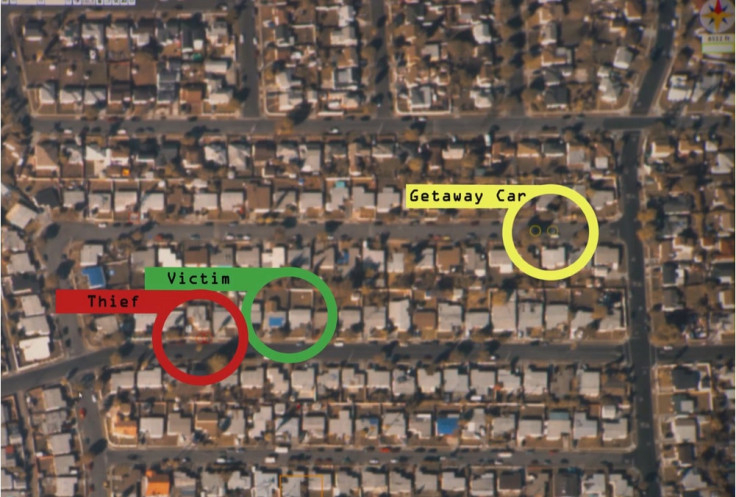Police Test 'Live Google Earth' to Track Criminals

Police in the US have tested a new form of aerial surveillance that allows them to track the movements of citizens and vehicles on the ground on a massive scale.
A new report by the Centre for Investigative Reporting (CIR) revealed that a wide-area surveillance system was secretly tested last year in Philadelphia, Baltimore, Dayton and areas of Los Angeles.
"This system was kept confidential from the public," LA County sheriff Sergeant Doug Iketani told CIR. "A lot of people do have a problem with the 'eye-in-the-sky', the big brother, so in order to mitigate any of those complaints we basically kept it pretty hush hush."
Rewinding time
Developed by Ohio-based company Persistent Surveillance Systems (PSS), the technology is able to capture high resolution images from a 25 square mile area for up to six hours
Within that area, any uncovered person or vehicle is captured by the PSS plane's cameras and the images are beamed to officers on the ground in real-time.
"What we essentially do is a live version of Google Earth, only with a full TiVo (recording) capability," said Ross McNutt, president of Persistent Surveillance Systems (PSS). "It allows us to rewind time and go back and see events that we didn't know occurred at the time they occurred."
'Used to being watched'
According to PSS, the technology proved useful in providing leads for shootings, armed robberies and narcotics cases.
The resolution of the cameras is not yet high enough to identify number plates or people and so far no police department has actually bought the system. However, McNutt and Iketani believe it is only a matter of time before the technology improves enough for it to be adopted.
"I'm sure that when people find out that this experiment went on, they might be a little upset, but knowing we can't see into their bedroom windows, I'm sure they'll be OK with it," Iketani said. "People have just gotten used to being watched."
The relevant part of the video begins at 8 minutes 12 seconds:
© Copyright IBTimes 2025. All rights reserved.






















